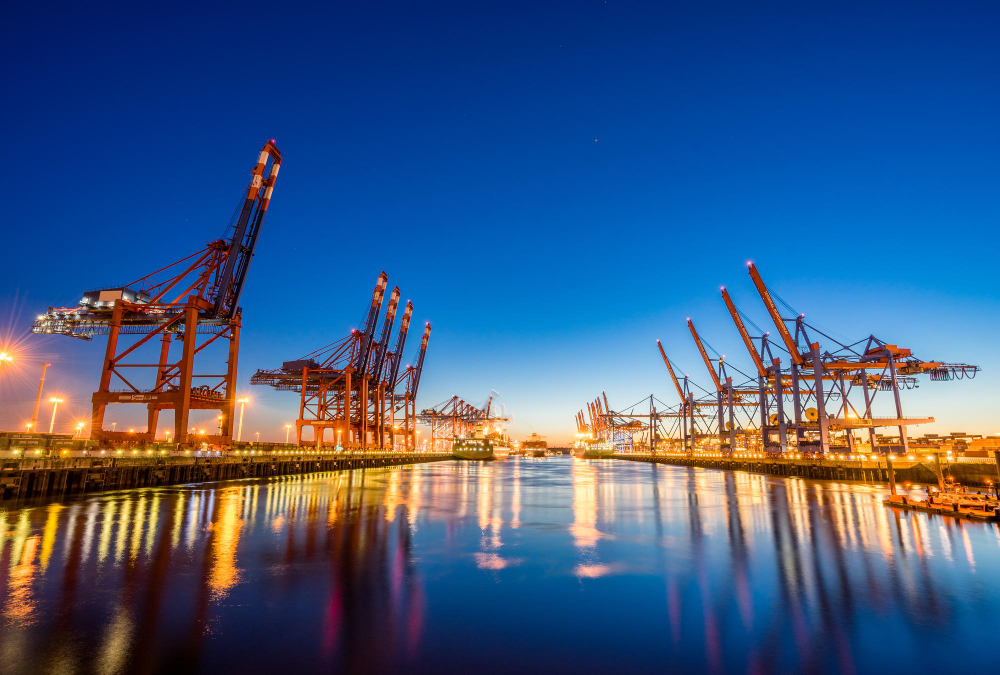(RICHMOND HILL, Ontario) — The Transportation Safety Board of Canada (TSB) has released its investigation report (M23C0104) into the engine room fire onboard the bulk carrier Cuyahoga.
On May 23, 2023, Cuyahoga, loaded with granular crushed stone, left Marblehead, Ohio, bound for Kingsville, Ontario, on Lake Erie. Almost three hours into the voyage, a fire ignited in the engine room. The crew initiated an emergency response, cut the fuel supply to the main engine, and attempted to activate the CO2 fixed fire suppression system remotely, without success. An attempt to locally activate the fixed fire suppression system also failed and resulted in the cylinder room flooding with CO2. Due to the cessation of fuel flow, the engine stopped, and the fire extinguished itself soon after.
The investigation found that the fire was caused by fuel spraying from a disconnected injection line onto exposed hot surfaces of the engine’s exhaust gas piping. After an earlier repair, the retaining clamps were not reinstalled on the fuel injection lines, increasing the effects of engine vibration, making the lines susceptible to loosening. Following this repair, recurring minor leaks were addressed as routine maintenance without investigating the underlying cause. These practices deviated from manufacturer specifications. However, the crew were unaware as they lacked regular access to updated maintenance and torque specifications from the engine manufacturers.
The CO2 fire suppression system failed due to several factors. The remote release cables had been routed through the engine room and were damaged by the fire, rendering them inoperative. When the crew attempted a manual release, the system discharged CO2 into the cylinder room instead of the engine room, due to incorrect activation instructions and loose or missing components.
The issues raised in this investigation, particularly around emergency procedures and the use and maintenance of fixed fire suppression systems, are not unique and affect the safety of marine transportation across the country. They reflect long-standing, systemic safety issues that the TSB has been raising for years. That is why the TSB launched a national safety issue investigation in July 2025, to build a clearer understanding of how vessel fires are currently managed and identify the gaps in Canada’s preparedness for marine emergencies.
– Transportation Safety Board of Canada





